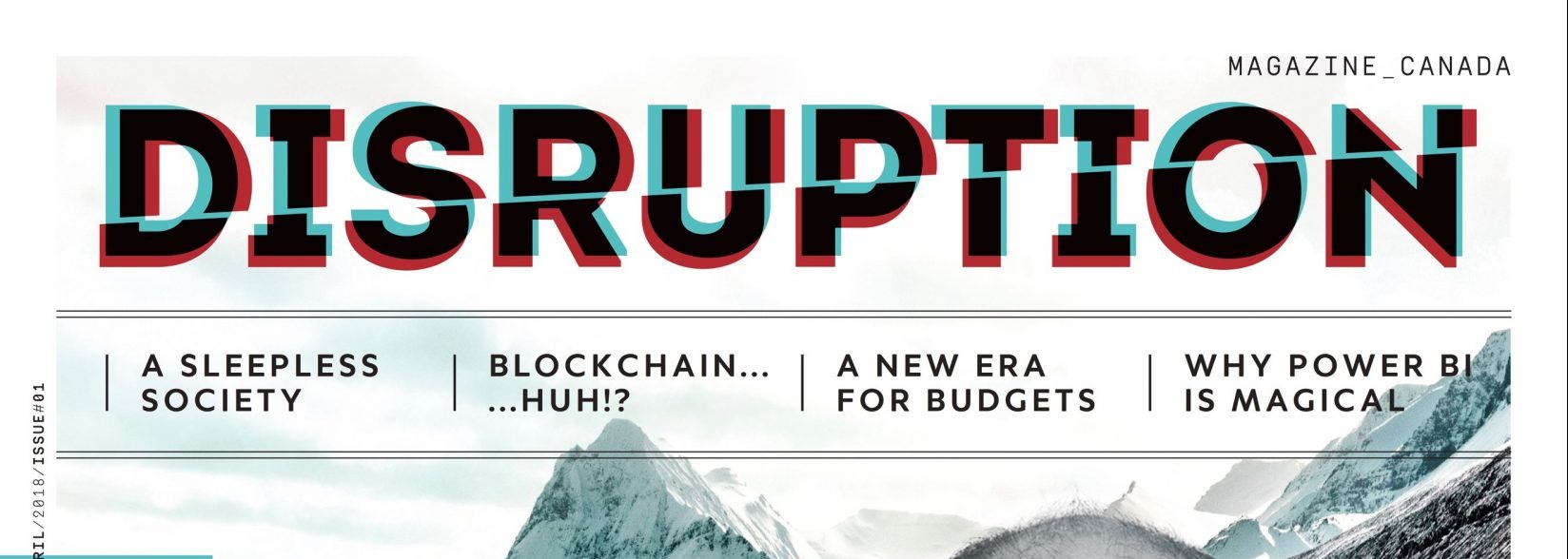
Darkweb Detect
Dark Web Monitoring
Get real-time alerts when your organization’s sensitive information is found on the dark web.
Organizations turn to VC3 for
Darkweb Detect services when they...
Dark Web Monitoring Tools That Identify Compromised Credentials, Sensitive Data, and More
-
Proactive Dark Web Scans
VC3’s Darkweb Detect uncovers any sensitive or confidential information found on the dark web so you can take appropriate action to protect yourself, your organization, and your employees.
-
Regular Reports
Receive reports about dark web activity to help raise organizational awareness about the importance of protecting confidential and sensitive information.
-
Timely Notifications
Protect your organization’s customers, employees, and brand reputation by proactively notifying stakeholders about a data breach.
-
Identification of Insider Threats
Recieve intelligence about an insider threat so that you can work with law enforcement and IT professionals to take action.
What Our Clients Are Saying
We hadn’t seen anyone like VC3 before.
I was pleasantly surprised by VC3’s remote IT support and how well it served our city. We learned the hard way that we needed a vendor that helped us stay secure from ransomware and cyberattacks, update and patch everything constantly, and stay on top of IT issues. With VC3, everything is getting done. You don’t know what you’re missing if you’ve never seen it before—and we hadn’t seen anyone like VC3 before.

Great working relationship.
We have such a great working relationship and we’re always talking about the next thing. Chris and VC3 are my trusted advisors.
.jpg?width=70&height=70&name=StolleryLogo%20(RGB).jpg)
They placed us in a position to better service our staff.
When it comes to establishing an effective IT infrastructure, consulting experienced professionals is the first and most important step. It is one we are glad to have taken with VC3 as they placed us in a position to better service our staff and the residents of our city.

VC3 has so far been the most enjoyable.
I've been working with outsourcing partners since 1998 and working with VC3 has so far been the most enjoyable and least painful experience.

Our Strategic Advisor has always been a fantastic advocate for us.
Our Strategic Advisor has always been a fantastic advocate for us. If we do have issues, he’s a reasonable voice that is very good at seeing our perspective and helping us see it through.

VC3 keeps your organization proactive and protected.
User Accounts Under Active Management
Client Satisfaction
of Experience Evolving with the Threat Landscape
The capacity, skill set, and experience to help you AIM higher.
-
Fast Deployment
A streamlined onboarding process that quickly ramps up your organization’s dark web protection.
-
Increased Threat Reduction
VC3’s Darkweb Detect proactively identifies potential threats, so you can stop them earlier.
-
Affordable Pricing
We help you avoid overpriced solutions that drive up costs.
-
Proactive Protection
Get ahead of criminals before your stolen credentials and personally identifiable information is bought and sold.
-
Timely Notifications
Notify stakeholders faster about data breaches that expose sensitive and confidential information.
-
Long-Term Strategies
Strategic security decisions that keep you protected and current today AND tomorrow.
Our approach to technology enables your organization to AIM Higher.
Lots of companies can set up your laptops or manage your infrastructure. In order to contend with today's challenges, you need more than a break-fix vendor with a "24/7" helpdesk ticket to nowhere. You need a proactive partner that stops the issues before they start. That's where VC3 comes in.
Let's talk about how VC3 can help you AIM higher.
Cybersecurity Resources + Insights

Want Costly Security and Operational Problems? Stay on Windows 7 and Window...

Disruption Magazine Canada Launches Today
